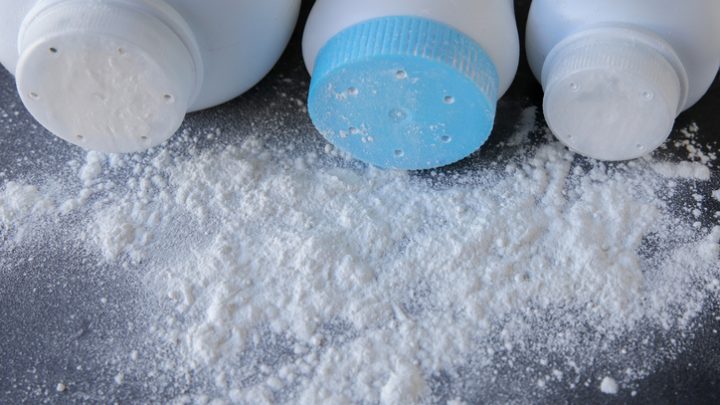
In a setback to plaintiffs, a federal judge has ruled Johnson & Johnson can seek a bankruptcy settlement to handle thousands of talcum powder lawsuits that claim the products caused cancer. Critics of the bankruptcy plan argued that J&J’s maneuver was a bad-faith attempt to evade liability.
Johnson & Johnson has proposed a $6.48 billion settlement over 25 years to address claims. The settlement requires support from 75% of claimants by July 26. The plan involves creating a subsidiary, LTL Management, to absorb the talc liability and then filing for bankruptcy to resolve the cases collectively.
Plaintiffs’ attorneys opposed this strategy, labeling it a fraudulent attempt to shield assets and prevent plaintiffs from receiving fair compensation. However, U.S. District Judge Michael Shipp ruled that the potential harm to victims was “strictly hypothetical” and stated in the memorandum opinion that he had no jurisdiction over “events that have not, and may never, occur.”
Plaintiffs’ Opposition and Future Implications
Critics of J&J’s bankruptcy strategy argue it misuses the legal system to avoid paying fair compensation, claiming previous bankruptcy attempts were improper asset transfers intended to delay justice. They claim that J&J’s two previous bankruptcy attempts, which courts rejected due to insufficient financial distress, were fraudulent transfers meant to hinder and delay justice.
The rejection of the bid to block the bankruptcy plan means J&J can proceed with seeking approval from the claimants. However, plaintiffs’ attorneys vow to continue fighting, promising to challenge any future bankruptcy filings as fraudulent and made in bad faith.
Multidistrict Litigation and the Extent of Lawsuits
Johnson & Johnson is currently dealing with over 61,000 lawsuits that allege its talcum powder products caused ovarian cancer and mesothelioma. The majority of these cases are in a New Jersey federal court as part of a multidistrict litigation. The legal battles have been ongoing for over a decade, with many plaintiffs arguing that J&J knew about the cancer risks but failed to warn consumers.
J&J maintains that its talc products are safe, asbestos-free, and do not cause cancer. The company stopped selling talc-based products in the U.S. in 2020 and announced in 2022 that it would stop production worldwide.
The proposed settlement aims to bring a final resolution to these claims, with J&J asserting that a bankruptcy settlement would be more equitable than civil litigation, where outcomes vary widely and many plaintiffs receive nothing.
In June 2024, J&J settled a lawsuit by 43 states targeting the company’s talcum powder marketing. That $700 million settlement also requires J&J to stop producing talcum powder, but J&J can still claim its powder is safe.